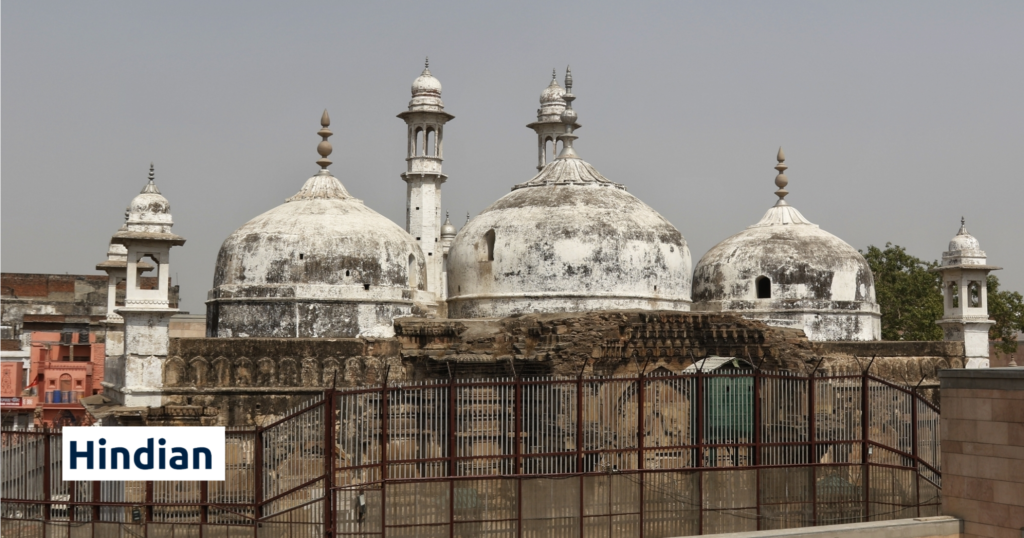Introduction
Hindus, despite being the majority in India, face systemic discrimination through legal frameworks, government policies, and political decisions that undermine their rights and traditions. Various laws and government actions disproportionately target Hindus, while minority communities enjoy exemptions and privileges. This article exposes these injustices and highlights the urgent need for reform.
• Legal and Constitutional Discrimination Against Hindus
A. Government Control Over Hindu Temples
Hindu temples are managed by state governments, while mosques and churches enjoy complete autonomy.
State governments, particularly in Tamil Nadu, Kerala, and Andhra Pradesh, seize temple revenues and redirect funds for non-Hindu causes.
Example: Tirupati Temple’s income has been diverted to non-Hindu government schemes.
B. Right to Education (RTE) Act (2009)
RTE applies only to Hindu-run schools, forcing them to reserve 25% of seats for free education while minority institutions (Muslim and Christian) are exempt.
This has led to the closure of many Hindu schools due to financial burdens, while Christian and Islamic schools thrive with government support.
C. Unequal Personal Laws
The Hindu Marriage Act imposes restrictions on Hindus, while Muslims and Christians enjoy separate legal privileges.
Muslim personal laws allow polygamy and triple talaq, while Hindus must abide by a stricter legal framework.
Uniform Civil Code (Article 44), which would establish equal laws for all, remains unimplemented due to political appeasement.
• Discriminatory Government Policies
A. Reservations That Exclude Hindus
Hindu communities in the General Category face severe disadvantages in education and employment due to caste-based reservations.
Muslims and Christians are increasingly included in SC/ST and OBC quotas, despite religious conversion supposedly barring them from such benefits.
B. Illegal Immigration and Demographic Manipulation
Bangladeshi and Rohingya Muslim illegal immigrants receive government benefits and settle in Hindu-majority areas.
In West Bengal, Assam, and parts of Delhi, Hindus have been forced to migrate due to demographic shifts.
Example: Kairana Exodus (UP) – Hindu families had to flee due to Islamist threats, while the government remained silent.
C. Denial of Hindu Refugee Rights
Hindu refugees from Pakistan, Bangladesh, and Afghanistan struggle for citizenship, while Muslim migrants receive fast-track benefits.
The Citizenship Amendment Act (CAA), meant to protect Hindu refugees, has faced immense political opposition.
• Political and Government Actions Against Hindus
A. Selective Action on Religious Violence
Hindu genocide cases remain unaddressed:
Kashmiri Pandit Exodus (1990) – No justice after 30+ years.
West Bengal post-election violence (2021) – Hindu families were attacked, but no strong action was taken.
Malda Riots (2016) – Islamist mobs burned Hindu homes, yet no crackdown followed.
B. Mass Religious Conversions
Fraudulent conversions of Hindus continue unchecked.
Christian missionaries and Islamist groups target poor Hindus through financial incentives.
Some states like Uttar Pradesh and Madhya Pradesh have anti-conversion laws, but enforcement is weak.
C. Attacks on Hindu Festivals and Traditions
Diwali firecracker bans, Dahi Handi restrictions, and Jallikattu bans show selective government interference.
Meanwhile, Muharram processions, Friday Namaz roadblocks, and Christmas/New Year celebrations face no restrictions.
• Government Inaction on Hindu Temple Reclamation
Many temples have been destroyed or converted into mosques, yet governments fail to reclaim them:
Krishna Janmabhoomi (Mathura)
Kashi Vishwanath (Varanasi)
Bhojshala (Madhya Pradesh)
Despite historical and legal evidence, political fears prevent justice for Hindus.
• State Governments Particularly Anti-Hindu
A. Tamil Nadu (DMK Government)
Controls 44,000 Hindu temples, diverting temple funds for non-Hindu causes.
Anti-Hindu rhetoric is common among DMK leaders.
B. Kerala (Communist Government)
Hindu temples are heavily taxed and managed by the state.
Sabarimala traditions were attacked, ignoring Hindu sentiments.
C. West Bengal (TMC Government)
Hindu communities face riots, forced migrations, and illegal demographic shifts.
Hindu festivals are restricted, while Islamic events get full government backing.
D. Telangana & Andhra Pradesh (YSR Congress Government)
Diverted Tirupati temple funds for Christian welfare.
No strong laws exist against mass conversions by missionaries.
A Call to Action for Hindus
The systemic discrimination against Hindus through legal, political, and policy frameworks must be confronted. Hindus must demand:
- Complete autonomy for Hindu temples.
- Abolition of RTE Act’s selective enforcement against Hindu schools.
- Implementation of the Uniform Civil Code.
- Strict anti-conversion laws across all states.
- Protection of Hindu refugees and removal of illegal immigrants.
- Reclamation of Hindu temples encroached by non-Hindus.
- Equal treatment of Hindu festivals and traditions.
It is time for Hindus to unite and reclaim their rights. Hindian stands for Hindi, Hindu, Hindusthan—Our Voice, Our Faith, Our Civilization.



